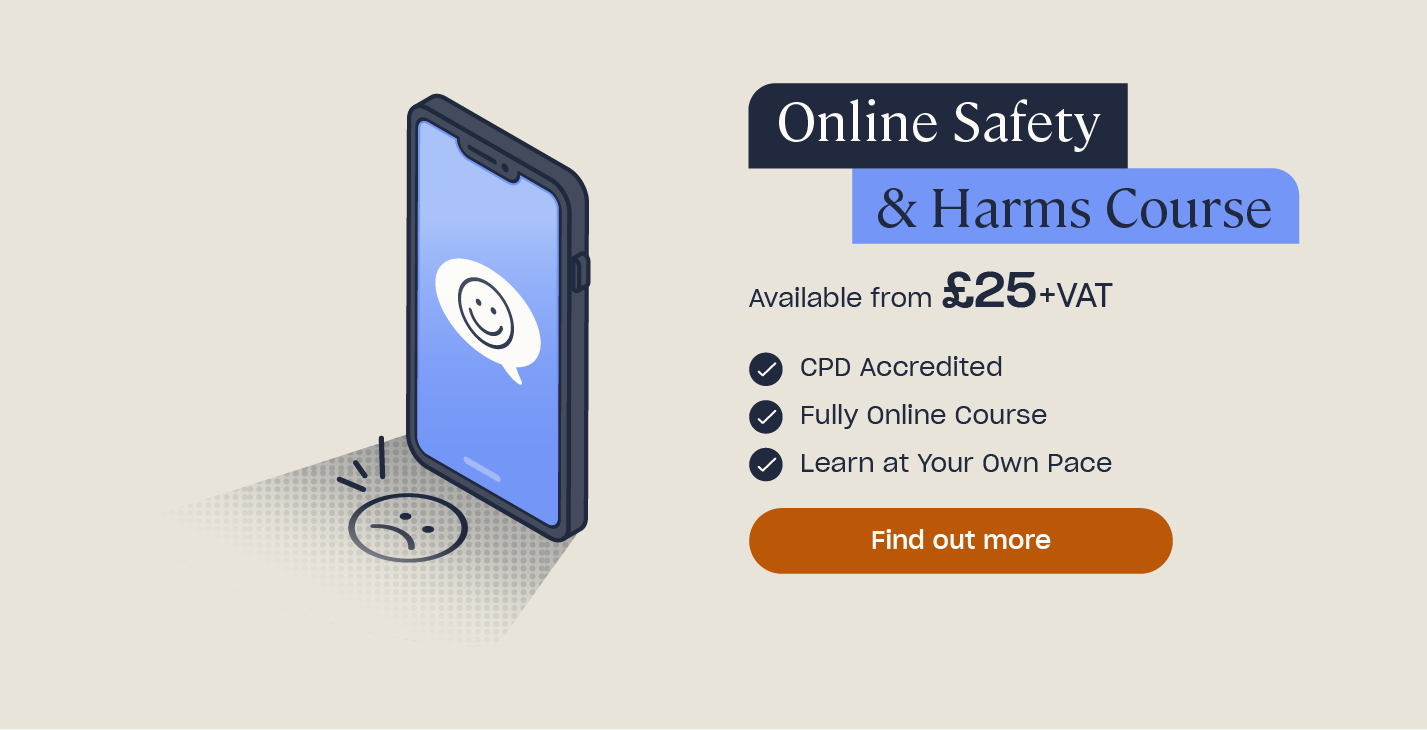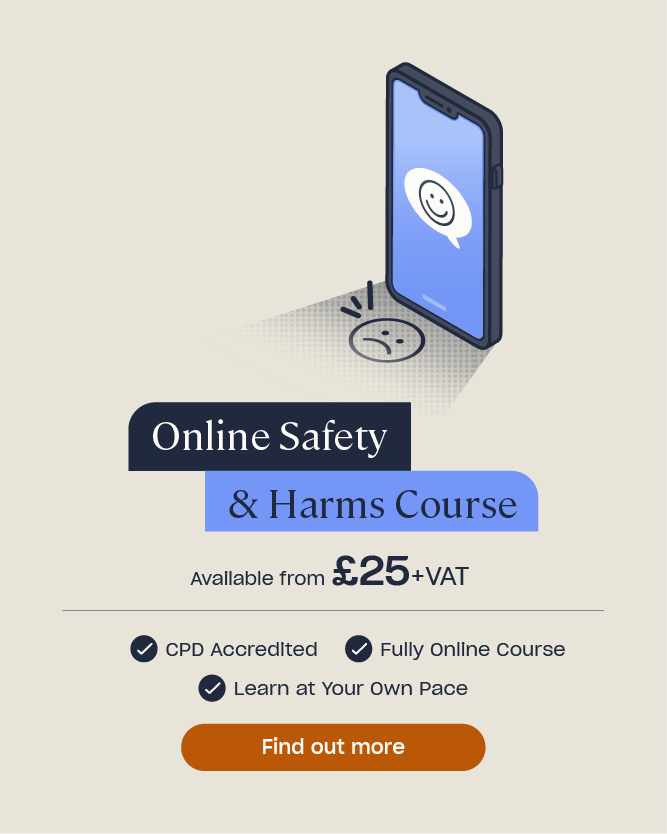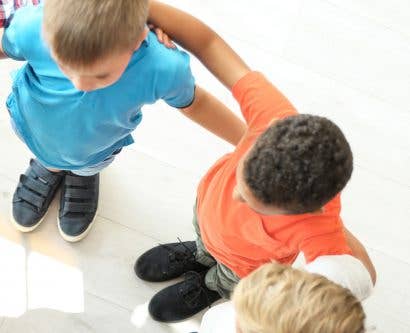Parents’ Guide to Facebook
Whether you’re a Facebook genius, an occasional user, or someone who does not have an account, it’s almost certain that you’ve heard of Facebook. Facebook has over 2.5 billion monthly active users worldwide and, of this number, 1.66 billion people on average log into it daily.
If you look after or work with children, it’s important to be aware of Facebook and its uses, as it can pose dangers to children.
This article is a parents’ guide to Facebook, although carers, relatives, and teachers will benefit from it equally. It outlines Facebook’s purposes and risks and advises you how to use the site safely.
Looking to learn more?
If you are looking to learn more about keeping children safe, our range of Safeguarding Courses covers everything from an Introduction to Safeguarding Children to advanced training to be a Designated Safeguarding Lead.

What is Facebook?
Harvard University student, Mark Zuckerberg, created Facebook in February 2004. It began as a school-based social network at the university, and soon expanded to other colleges in the area. In 2005 the site expanded to companies such as Microsoft and Apple until finally, in 2006, it was open to all.
The network encourages you to interact with people by adding them as friends. Users can choose to make their profile private, so that only their friends can see it, or public, which means their profile is available for anyone to view.
Facebook can be accessed on a desktop, tablet, or mobile device, and allows users post and share content in many ways.
On Facebook, you can:
- Write a status.
- Upload photos and videos. Facebook also allows ‘live’ videos, where users can upload a video as the events occur.
- Maintain photos in albums.
- Post on the ‘Timelines’ of other users (i.e their profile).
- ‘Tag’ other users in posts and images, such as memes and group photos.
- Share the posts of others.
- React to other people’s posts through a like, love, laugh, etc.
- Create group pages.
- Create events and invitations.
- Ask for recommendations.
- Play games.
- Post in, or access, buy and sell groups.
- Connect with friends through Facebook Messenger.
On mobile and tablet devices, Facebook Messenger is a separate application. However, it is still part of Facebook. On Messenger, users can talk to their friends either individually or in group chats. Users can also contact those they are not friends with, which will show as a ‘request’. The application allows users to exchange messages, photos, videos, stickers, and GIFs.
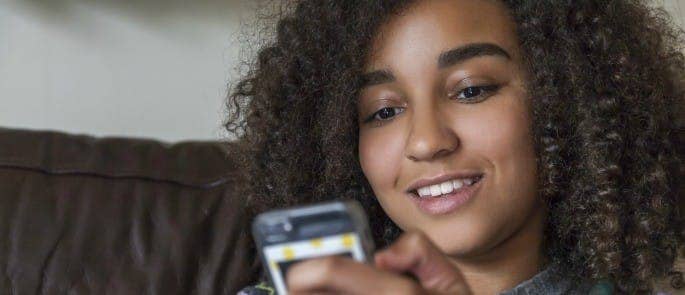
Why is Facebook so Popular?
Judging by the above list, it’s unsurprising that Facebook is popular among so many people.
Facebook is also popular because:
- It’s very easy to use.
- A person’s friends will likely be on it.
- It’s free.
- The site is diverse and accommodates lots of functions.
- It can help people find friends that they may have lost touch with.
- It bans adult content.
- It’s entertaining.
- It’s an easy way to connect with people.
Does Facebook Have a Minimum Age?
Anybody over the age of 13 can create a free Facebook account. You must give your date of birth when creating an account.
Facebook encourages those who are signing up to tell the truth and not lie about their age. However, there is no way to tell if people are lying.
What are the Dangers of Facebook?
As with any social media site, Facebook does come with potential risks and dangers. These include:
- Cyberbullying – Cyberbullying is the use of electronic equipment to bully a person. Any social media site provides a platform where cyberbullying can occur. Children may be bullied and peer pressured by their Facebook ‘friends’.
- Risk of grooming – A child may be at risk of being contacted by sexual predators if they do not take proper safety precautions. Often, predators create a fake account and pose as other children to build up a trusting relationship.
- Exposure to explicit content – Although Facebook does ban adult content, there may be a chance that some content slips through the net, which children may be exposed to.
- Oversharing of personal information – Children need to be taught about the dangers of oversharing. Sharing personal information and photos can play into predators’ hands.
- Exposure to radical/hate speech – Hate preachers can easily upload content onto Facebook which glorifies and commends terrorist acts and behaviours. Whilst Facebook does have a team dedicated to monitoring and removing this type of content, things are not removed immediately due to high demand.

Of course, it is worth noting that these dangers are slim. Millions of people use Facebook and have no problems. If you educate children about these dangers and how to protect their accounts, they can enjoy Facebook fully and safely.
Interested in learning more?
Our Online Safety & Harms Course teaches you everything you need to know about the potential online risks and harms children face, how to recognise signs that might indicate online harm or abuse, and how to effectively address online safety.
How to use Facebook Safely
There are certain measures you can take to ensure optimum safety on Facebook. You should show your child how to:
Use the safest privacy settings
If you access Facebook on a desktop, you should see a drop-down arrow in the top right corner. Click this for a settings option which allows you to choose your privacy settings, tagging settings, blocking, and many other features.
To ensure safety, we suggest the following settings:
- Make sure only your child’s friends can see their posts. To do this: go to ‘Privacy’ > click on the edit button next to ‘Who can see your future posts?’ > set it to ‘Friends’.
- Only allow friends of friends to send friend requests. To do this: go to ‘Privacy’ > click on the edit button next to ‘Who can send you friend requests?’ > set it to ‘Friends of Friends’.
- Use Timeline Review. Timeline review allows users to review what they have been tagged in, and what people try to post on their Timeline, before it appears there. This means they can hide any content they do not want their friends to see. To set up timeline review: go to ‘Timeline and tagging’ > click on the edit button next to ‘Review posts that you’re tagged in before the post appears on your timeline?’ > set it to ‘enabled’.
The settings page can also be used to adjust various account settings, such as who can see posts on the user’s timeline. Adjust the settings as you see fit.
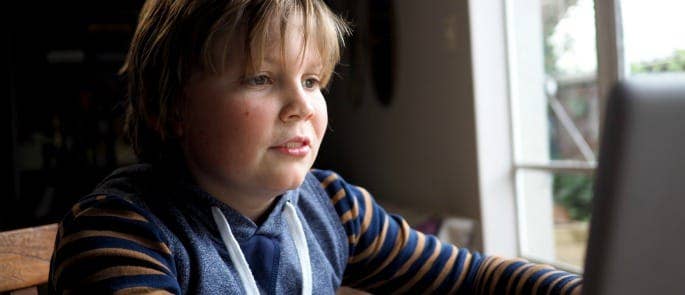
Blocking
Facebook lets users block other users, messages, app invites, event invitations, apps, and pages. Your child can block anyone who may be harassing them, or who they do not want to be contacted by.
To manage blocking, go to ‘settings’ and then to ‘blocking’. This will bring up the page on which you can block accounts. Simply fill in the name of a friend or app that you want to block and click ‘block’.
You can unblock users or apps in future by using this same page.
Reporting
You can report abusive or explicit content, or spam, on Facebook. You can do this for anything you’re able to see, including profiles, posts, groups, and ads.
To report a post: click the three horizontal dots in the top right of the post > click ‘Find support or report post’ > select the option that best describes the issue and follow the on-screen instructions.
For information about how to report other issues, Facebook Help Centre provides all the details.
Reporting Concerns to Police
Unfortunately, dangerous people do exist online. If cyberbullying or grooming involves threats of violence, sending sexually explicit messages or photos, or stalking, you can report it to the police. Ensure that you keep messages as evidence, and don’t hesitate to contact 999 in the case of emergency. NSPCC provide further information on grooming, which you can find here.
We hope that this article has provided you with a useful guide about Facebook, what it is used for, and how it can be enjoyed safely. Facebook is a great opportunity for children to interact with their friends, and should be enjoyed as such.
What to Read Next:
- Parents’ Guide to Twitter
- Parents’ Guide to Snapchat
- Level 1 Safeguarding: Introduction to Safeguarding Children
- How to Respond to Dangerous Online Challenges: Guidance for Schools
- A Guide to Emojis and Texting Abbreviations


